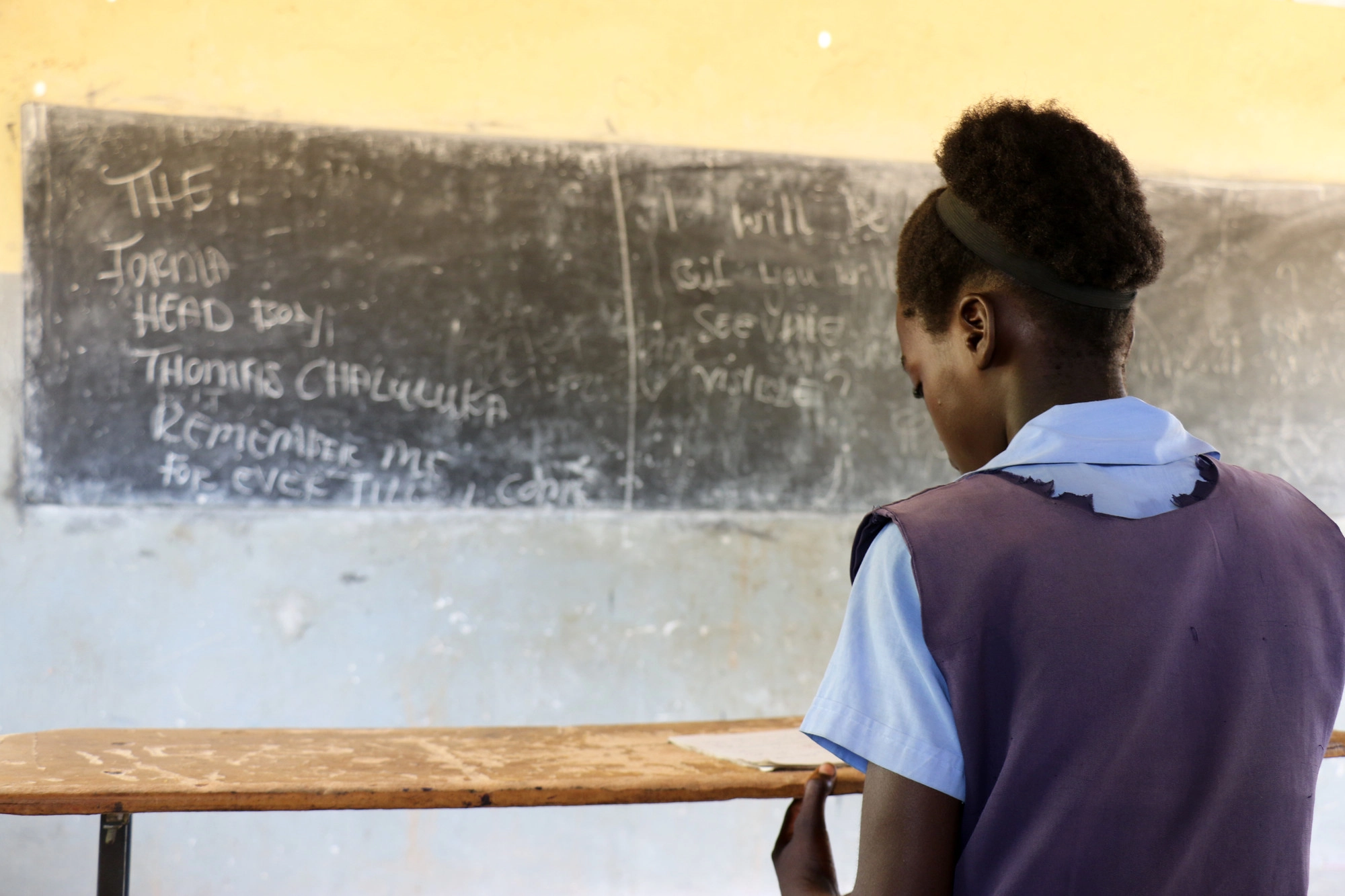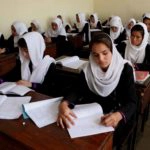Media Centre - 2 November 2021
School dropouts, child marriage and sexual violence: as new Plan International report lays bare the impact of climate change on girls, the Australian Government must step up its climate commitments

With tens of thousands of world leaders, climate activists, diplomats and researchers gathering today in Scotland to solve the climate crisis, Plan International Australia is demanding that young people, particularly girls and young women, be meaningfully engaged in climate policy and processes.
As the 26TH UN Climate Change of Parties (also known as COP26) begins in Glasgow, Plan International Australia is calling on the Morrison Government to urgently raise ambitions on emissions reductions, and to double its climate finance to at least $3 billion over five years to help ensure at-risk countries can adapt to climate change impacts.
“This is the most critical issue of our times. Climate change is an injustice to women and girls. We must keep 1.5 degrees alive at COP this year,” said Plan International Australia CEO Susanne Legena.
“Every day, we are seeing the impact of climate change on the communities we work with, and hearing from girls and young women that this is the issue that is most pressing for them.”
New research led by girls and young women and launched today by Plan International paints a picture of the urgent measures needed to both adapt to changing climates and prevent global warming levels from breaching 1.5 degrees Celsius.
The report – Adolescent Girls in the Climate Crisis: Voices from Zambia and Zimbabwe – is co-authored by 16 women aged 20-28 from rural communities where climate shocks are already resulting in more girls dropping out of school and being forced into child marriage.
In communities reliant on agriculture, flooding, shifting rainfall patterns and recurring drought have made livelihoods and access to food more precarious. Owing to this increased stress, families are more likely to marry girls to older men, or girls may be forced into sexual exploitation in order to alleviate the economic burden.
Interviews also found that when parents can only afford to pay school fees for some of their children, priority is often given to boys. At the same time, climate change is also making it more challenging for girls to access school because flooding, for example, often destroys roads and bridges, isolating more rural communities.
Girls and young women also say extreme weather places them at greater risk of sexual violence, as drought, for example, means they are forced to fetch water from distances further away from their homes, while flooding can force them to seek shelter in unsafe places.
Another research participant from Zambia said: “As girls, when the rains destroy our houses, our parents seek shelter on our behalf in the neighbourhood. While there, we are taken advantage of by boys and men living in that house where we will be sheltered.”
According to the Malala Fund, there are 4 million girls in low and lower-middle income countries who won’t finish school in 2021 because of climate-related events.
The 16 young women researchers have now developed a series of detailed recommendations for policymakers, including:
- building more schools closer to communities that are prone to floods;
- changing the school calendar so that it fits into the shifting seasons;
- establishing satellite schools to allow girls to continue their studies.;
- ensuring that the school curriculum covers contextual climate change education that recognises local knowledge on climate impacts and adaptation and addresses how communities can develop mitigation strategies.
Jessica Cooke, climate change advisor at Plan International said: “Climate change is one of the greatest global intergenerational, gender and social injustices of our time.
“Discriminatory social and gender norms mean that girls and women, in all their diversity, are too often the hardest hit by climate change and have the fewest resources to cope. Failing to keep global warming below 1.5C will only see more climate impacts and roll back progress towards equality and justice.
“COP26 is a critical moment to advocate for girls’ rights. Our research – carried out and written by girls and young women– shows that while adolescent girls are particularly vulnerable to the impacts of the climate crisis, they are also creating adaptation solutions. They are often leading climate action in their communities and must be included in climate decisions.
“This is why it has never been so important to amplify their voices regarding their needs and the climate change impacts they are experiencing, as well as the solutions and recommendations they are demanding.”
Media contacts


